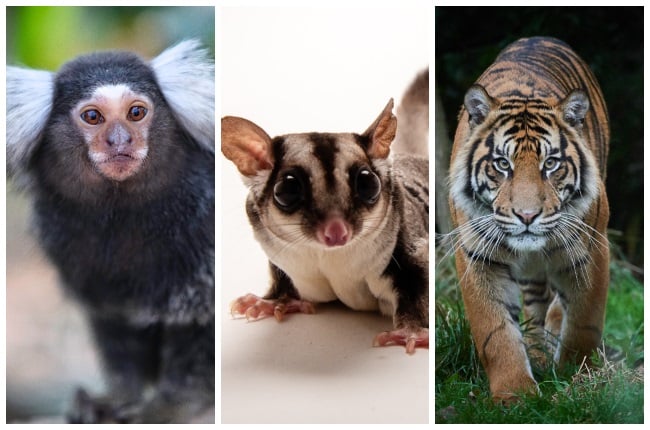Introduction:
Bringing an exotic pet into your life can be an exciting and fulfilling experience. However, before embarking on this unique journey, it is crucial to carefully consider several factors to ensure the well-being of both you and your prospective companion. This article aims to guide you through the process of choosing an exotic pet by highlighting key considerations and important factors to keep in mind.
Research, Research, Research:
Before deciding on an exotic pet, invest ample time into researching various species. Learn about their natural habitat, behavior, dietary needs, lifespan, and potential challenges associated with their care. Understanding the specific requirements of each species will help you make an informed decision that aligns with your lifestyle and capabilities.
Consider Your Lifestyle:
Every exotic pet has its own set of care needs. Assess your daily routine, work schedule, and lifestyle to determine if you have the time and commitment required to meet the demands of the chosen species. Some pets may require more attention, socialization, or specialized care than others. Make sure you can provide the necessary environment and attention for your chosen pet's overall well-being.
Financial Considerations:
Owning an exotic pet comes with financial responsibilities. Apart from the initial purchase cost, consider ongoing expenses such as habitat setup, enclosure maintenance, veterinary care, food, and supplements. Some exotic pets may have specialized dietary requirements or need regular visits to an experienced veterinarian. Evaluate your budget and ensure you can comfortably accommodate these expenses.
Space and Housing:
Different exotic pets have distinct space requirements. Consider the size of your living area and the appropriate habitat needed to house the pet comfortably. Ensure that the space you provide allows for natural behaviors, such as climbing, burrowing, or swimming. Research enclosure sizes, enrichment needs, and any legal or permit requirements associated with specific exotic species.
Longevity and Commitment:
Exotic pets can have long lifespans, and commitment to their care is essential. Consider the lifespan of the species you are interested in and reflect on whether you are prepared for the long-term commitment involved. Ensure you can provide care, attention, and a suitable environment for the entire lifespan of your chosen pet.
Legal and Ethical Considerations:
Familiarize yourself with the laws and regulations regarding exotic pet ownership in your region. Some species may be restricted or require permits to own. Additionally, assess the ethical implications of acquiring an exotic pet. Ensure that the pet has been obtained legally and responsibly, and avoid supporting illegal wildlife trade or unethical breeding practices.
Interaction and Compatibility:
Consider your expectations regarding interaction with your pet. Some exotic species may be more hands-off, while others can be social and enjoy human interaction. Assess whether your chosen pet's natural behaviors and needs align with your desire for interaction and companionship.
Health and Safety:
Exotic pets may carry specific health risks, including zoonotic diseases. Research the potential health concerns associated with your chosen species and ensure you have access to a qualified exotic animal veterinarian. Be prepared to provide regular check-ups, vaccinations, and preventive healthcare measures to keep your pet healthy and minimize risks to yourself and others.
Conclusion:
Choosing an exotic pet requires careful thought and consideration. By conducting thorough research, assessing your lifestyle, understanding the financial commitments, and being aware of the specific needs of the species, you can make an informed decision that ensures the well-being of both you and your exotic companion. Remember, responsible exotic pet ownership requires dedication, education, and a genuine passion for the unique world of exotic animals.




